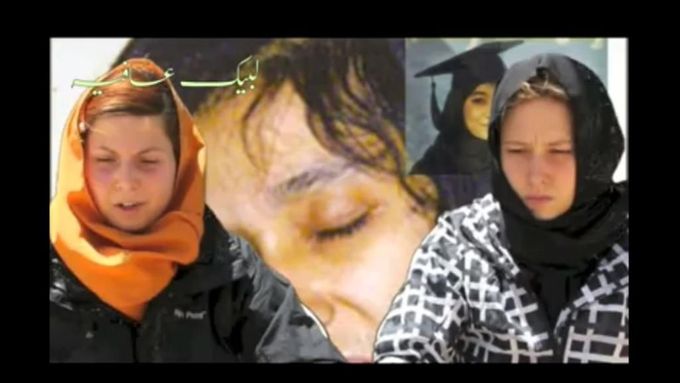Prague - The year 2013 in the Czech Republic was above all the year of tremendous political changes, but it was also full of important developments related to security, foreign policy, business and economy.
Foreign policy and security
In several different ways, the country was indirectly affected by the ongoing turmoil in the greater Middle East. Most importantly, two Czech female tourists were kidnapped by a group of armed men in Western Pakistan in March.
A video of the two kidnapped women appeared on the Internet in July. In the video, the women asked for the release of Pakistani neurologist Aafia Siddiqui who got a life sentence in the USA on terror charges.
President Milos Zeman said in October that Czech authorities knew where exactly they were being held, but as of December 2013, they are still presumed to be held in captivity in Pakistan or Afghanistan.
The Czech Foreign Ministry and the Czech embassy to Egypt warned citizens against visiting some parts of the country in July after the Egyptian military deposed then-President Mohamed Morsi amid massive protests and rioting in all major cities.
The following month, Czech travel agencies started to evacuate their clients from Egypt as rioting continued. Moreover, amid speculations of an imminent US strike on Syria, the same businesses started to fear that the conflict would spill-over to neighboring Turkey. This key backer of Syrian rebels and important US ally is also another popular destination for Czech tourists.
In response to the Syrian crisis, Czech technocratic Defense Minister Vlastimil Picek said that the Czech Republic's anti-chemical weapons unit could participate in the destruction of Syria's chemical arsenal.
Earlier in the year, Czech troops participated in the French-led mission to the Western African nation of Mali.
Security was briefly increased in the Czech railway system at the end of August in response to an alleged terror threat in the European Union. In November, a mentally-ill man triggered a false alarm by claiming that there were terrorists aboard a Lufthansa flight from Frankfurt to Prague.
In March, during the course of four days, unknown perpetrators carried out a series of distributed denial-of-service (DDoS) attacks on the Czech Republic's largest online newspapers, banks, and mobile phone operators.
In December, the New York Times reported that Chinese hackers had broken into the computer networks of the foreign ministries of several EU countries, including the Czech Republic. The Czech military intelligence agency (VZ) previously warned that Chinese spies were "very active" in the country.
A regional politician from the Social Democrats, the country's largest left-wing party, was murdered in front of his home in November.
Business and economy
In the second quarter of 2013, the Czech Republic's longest-ever recession ended, but in spite of many positive signs from the Czech economy in the second half of the year, some industrial sectors such as steel production and mining kept struggling. Economic troubles also translated into increasing poverty and other social problems.
PPF, an investment company owned by the richest Czech Petr Kellner, sold its flagship asset, the Ceska Pojistovna insurance company, for EUR 2.5 billion in January. Later in the year, PPF bought Telefonica Czech Republic for approximately the same sum.
Czech semi-state energy giant CEZ announced that Japanese-American company Westinghouse was close to win the multi-billion euro public contract to expand the Temelin nuclear power plant.
The Czech Republic also became one of the destinations for job-seekers from crisis-hit Spain.
A massive gas explosion rocked central Prague in April, leaving 35 injured but nobody was killed. Some parts of the country were also hit by a devastating flood at the start of June.
Follow us on Twitter!





